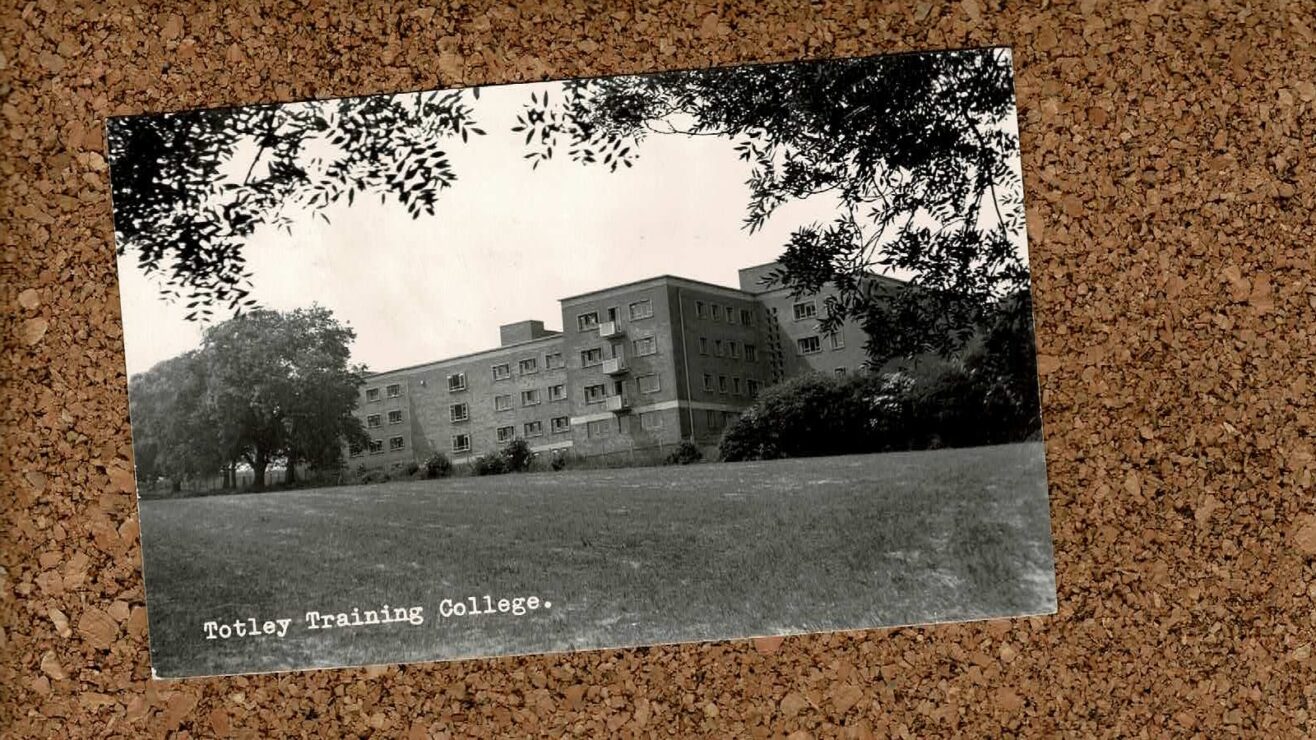All of us are living and working “in an age of abundant data”.
This abundance is profoundly reshaping policy and practice across higher education – from the growth of learning analytics, to the proliferation of student voice initiatives, to the emergence of the ‘sticky campus’ – and much else besides. Data, or more accurately, the ability to engage critically with and generate evidence from it, is the price of entry into the debates and decision-making mechanisms driving (or resisting) change within institutions and across the sector. We have seen a “datafication” of higher education.
As the importance and variety of data becomes normalised within higher education discourses, the range and scope of potential data-users also increases. It is often assumed that student ‘engagement’ with the HE data landscape is skewed to pre-entry and that data is only used to make informed choices. Once enrolled, institutions brief students on their engagement in data collection as data-subjects, but dedicate less time to exploring how students routinely use institutional data sources, their own analytical data, or how student-generated data could be used strategically.
Evidence for enhancement
The Evidence for Enhancement Theme (2017-20), which is supported by QAA Scotland, is positioned to assist staff and students across Scotland’s higher education institutions as they respond to this rapid growth in the availability of, and demand for, data and evidence.
The Theme has helped individuals and institutions reflect on how they are engaging with this swell of data and evidence, on important gaps and inconsistencies to be addressed, and on where new data-driven approaches to enhancing learning, teaching and the student experience might be developed.
As part of this work, it is crucial that attention is paid to how data and evidence matter (or could matter) in the work of the students and students’ association and union staff enrolled in systems of academic representation and service across the sector.
Given their crucial role it is vital that these individuals and groups are supported to better understand and utilise the data and evidence they are generating and encountering through their work on institutional projects and committees, and as part of their efforts to maintain and develop representative structures and services.
Guiding the use of evidence
Students are now positioned within the HE data landscape as: representatives; stakeholders; consumers; teachers; evaluators and informants; partners; storytellers; and change-agents. Within an institution this may relate to tasks such as: leading or contributing to institutional (university and student union/association) research and evaluation projects; engagement on formal or ad hoc academic committees and student voice mechanisms; developing and maintaining students’ association/union representative structures and services as student representatives or sabbatical officers; and internal and external quality assurance and enhancement processes. These roles highlight the scope of student data use, and the increasing expectations for data literacy.
Students need support
There are many reasons why supporting students with their data use is the right thing to do. For example, developing leadership capacity and thus the positionality of students as “agents of the data landscape” reframes this agenda as active rather than passive engagement and supports those students embarking on strategic and political organisational change.
Importantly, building confidence and capacity to generate, interpret, and evaluate data also aids the personal and professional development of students and provides evidence of higher level skills for employability and critical thinking approaches which enable challenge at all levels. The ethos of this kind of approach seeks to disrupt the more limited notions of metrification of the student experience, empowers student-led decision-making and informs institutions of how to work more effectively with their students as collaborators for positive change
A new resource
In contributing to this debate, the authors of this blog and QAA Scotland have just published a new resource, the “Guide to Using Evidence” to support and encourage students and students’ association and union staff to actively engage with data and evidence. It offers an accessible introduction to some key ideas and concepts and a range of activities which allow readers to develop their own thinking and confidence in key areas.
Student reps and SU staff need such a resource to reach for as they prepare for committees, devise new campaigns, deliver services, and do all of the other things they do to enhance students’ experiences and outcomes. We expect that this guide will benefit students who wish to find out more about what good practice “evidence-informed” collaboration can look like and achieve.
It has also been designed pedagogically to include developmental outcomes for both students and institutions. This resource is open access for utilisation by institutions across the sector. We’re keen to continue to discuss how this guide could be used and to evaluate its impact.
















That is a very useful guide – thank you. Key to the day to day use of this from a Students’ Union perspective would be a sector level discussion with the ICO / Scottish ICO leading to a better flow of data between HEIs and SUs.
Thanks John. We would really like SUs to access the Guide and tell us how and why they are using it. Quite happy to get some ‘warts and all’ feedback so that we can improve it further.